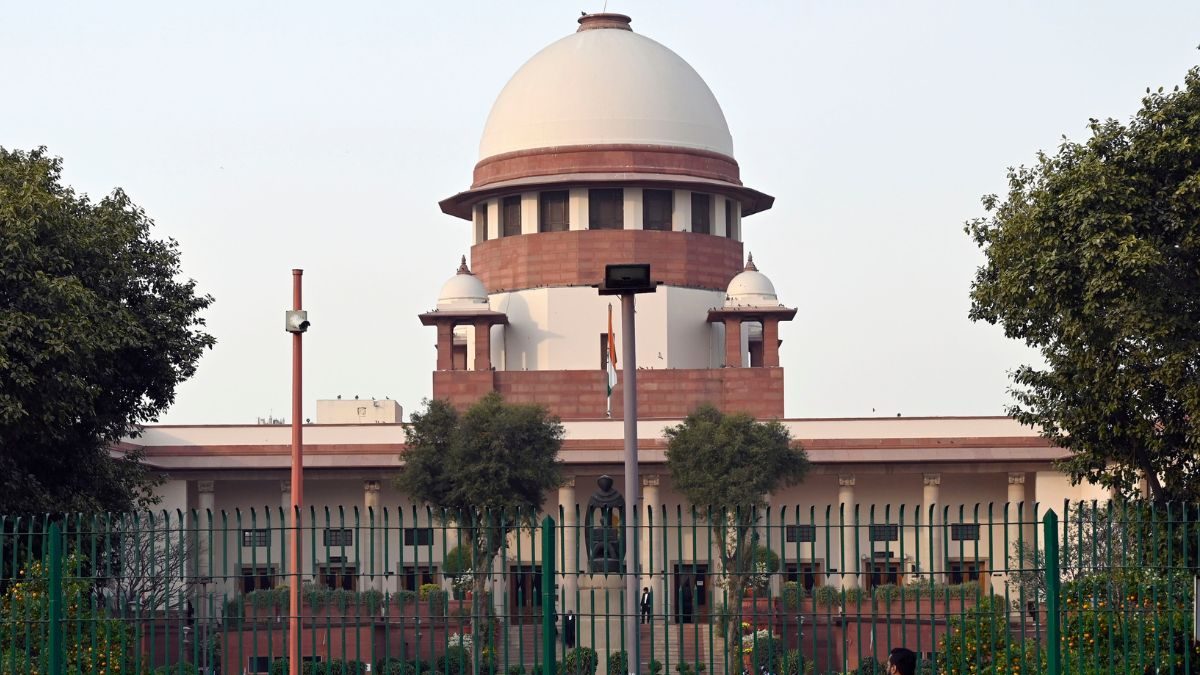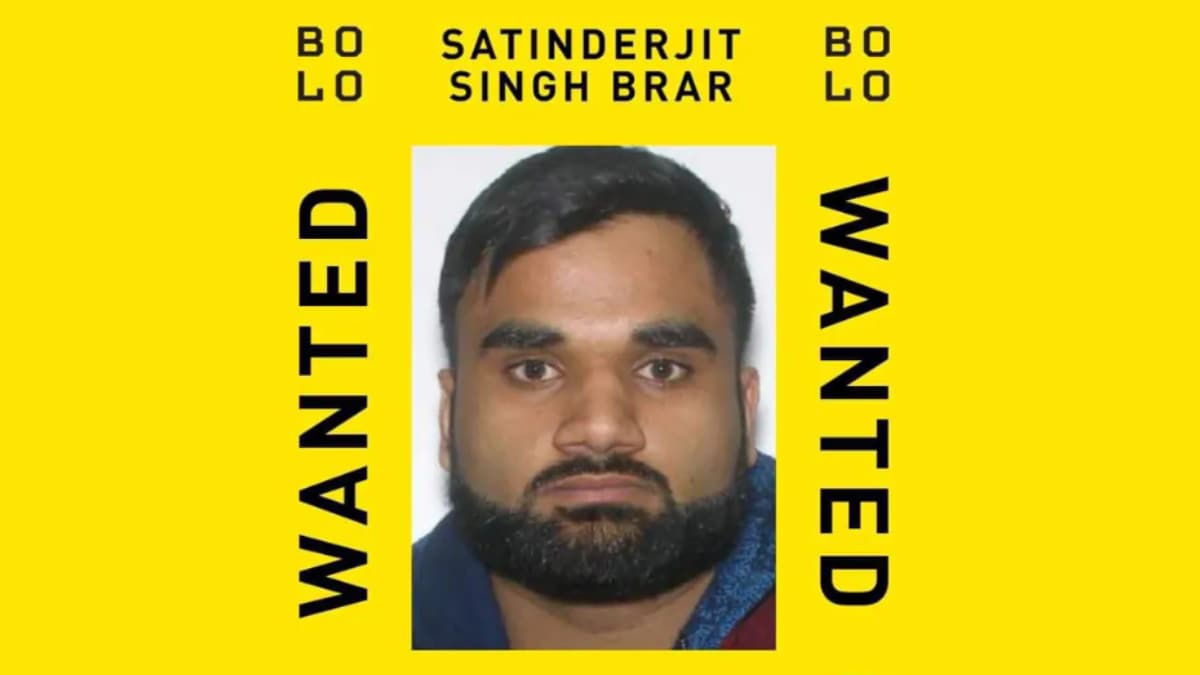Supreme Court Considers Convicts’ Right to Remission in Bilkis Bano Gangrape Case
The Supreme Court of India is currently hearing petitions challenging the premature release of 11 convicts in the Bilkis Bano gangrape case and the murder of seven members of her family during the 2002 Gujarat riots. The court is addressing whether convicts have a fundamental right to seek remission.
During the hearing, a lawyer representing one of the convicts was asked whether the right to seek remission is a fundamental right and whether a petition can be filed under Article 32 of the Constitution, which deals with citizens’ right to move the Supreme Court directly when their fundamental rights are infringed. The lawyer responded that it is not a fundamental right of the convicts.
The lawyer further argued that the victims also do not have the right to directly petition the Supreme Court under Article 32, as no fundamental right of theirs has been infringed. Instead, he stated that the victims have other statutory rights to challenge the grant of remission.
Another senior lawyer representing a convict stated that the grant of remission by the competent authority can be reviewed by high courts under Article 226 of the Constitution. The high courts have the power to issue orders or writs, including habeas corpus, for the enforcement of fundamental rights and other purposes.
The bench raised concerns about whether remission has been granted following the rules. The lawyer responded that if this is a question, then remission should be challenged in the high court, not directly in the Supreme Court under Article 32.
The hearing concluded with the arguments on behalf of the convicts. The court will now hear rejoinder submissions from Bilkis Bano’s counsel and others on October 4 at 2 pm.
The Supreme Court had previously observed that some convicts are “more privileged” and secure the benefit of remission. Senior advocate Siddharth Luthra, appearing for convict Ramesh Rupabhai Chandana, argued that the grant of remission for reformation and rehabilitation of the convicts is a settled position internationally. He stated that the argument against granting relief due to the heinous nature of the offense cannot be invoked after the executive has made a decision.
The court had also emphasized that state governments should not be selective in granting remission and that every prisoner should be given the opportunity to reform and reintegrate into society.
Various petitions, including one filed by Bilkis Bano, contesting the remission granted to the convicts, have been filed in court. TMC MP Mahua Moitra accused the Gujarat government of failing to protect the rights of women and children by granting remission in this “horrendous” case.
Bilkis Bano was gang-raped at the age of 21 while fleeing the communal riots that occurred after the Godhra train-burning incident. Her three-year-old daughter was among the seven family members killed in the riots.
Please note that this news article is based on information from PTI and has not been edited by News18 staff.

I have over 10 years of experience in the cryptocurrency industry and I have been on the list of the top authors on LinkedIn for the past 5 years. I have a wealth of knowledge to share with my readers, and my goal is to help them navigate the ever-changing world of cryptocurrencies.




